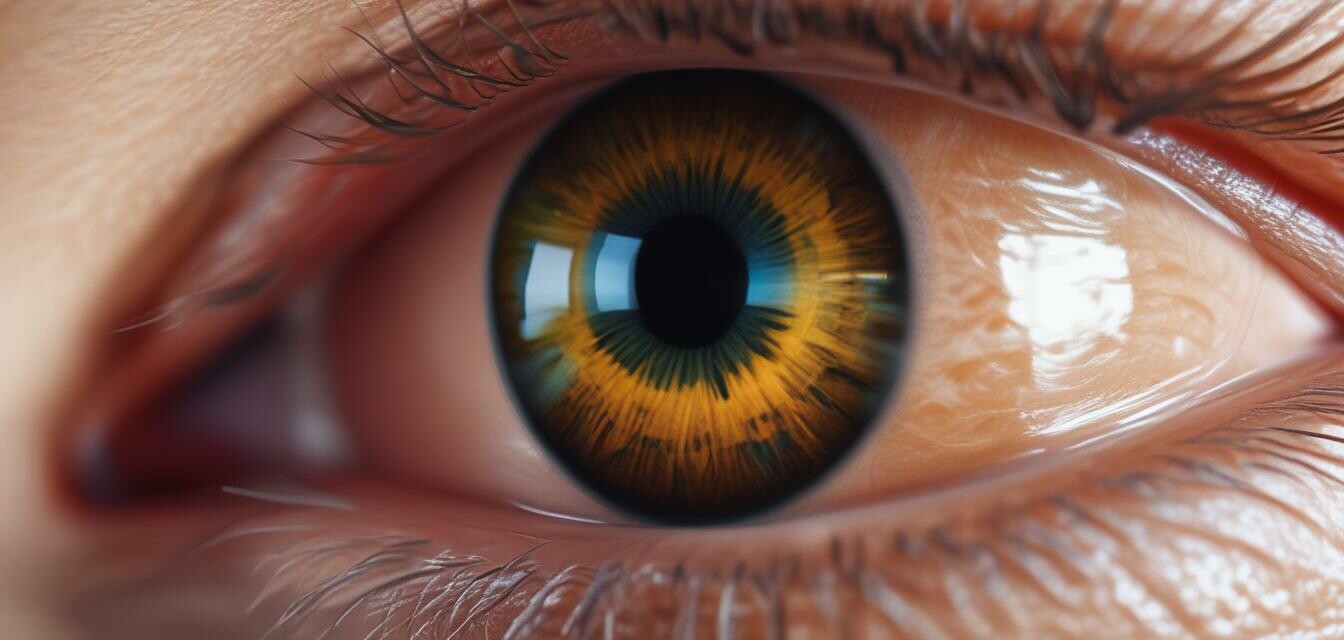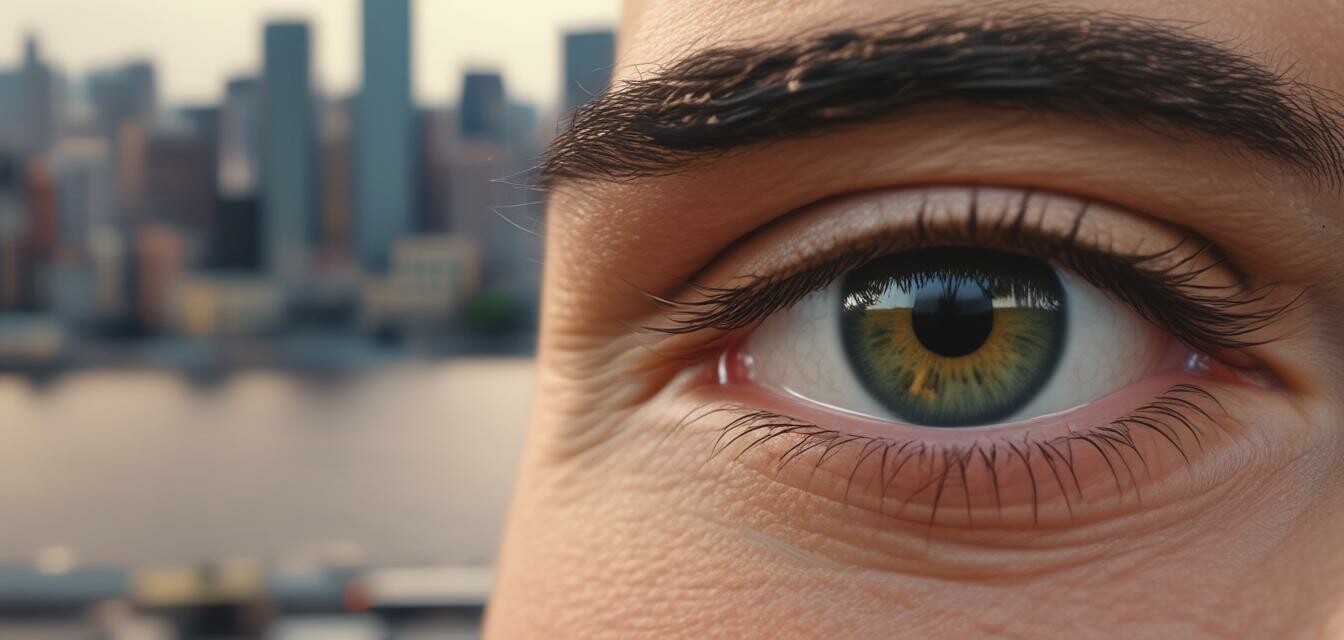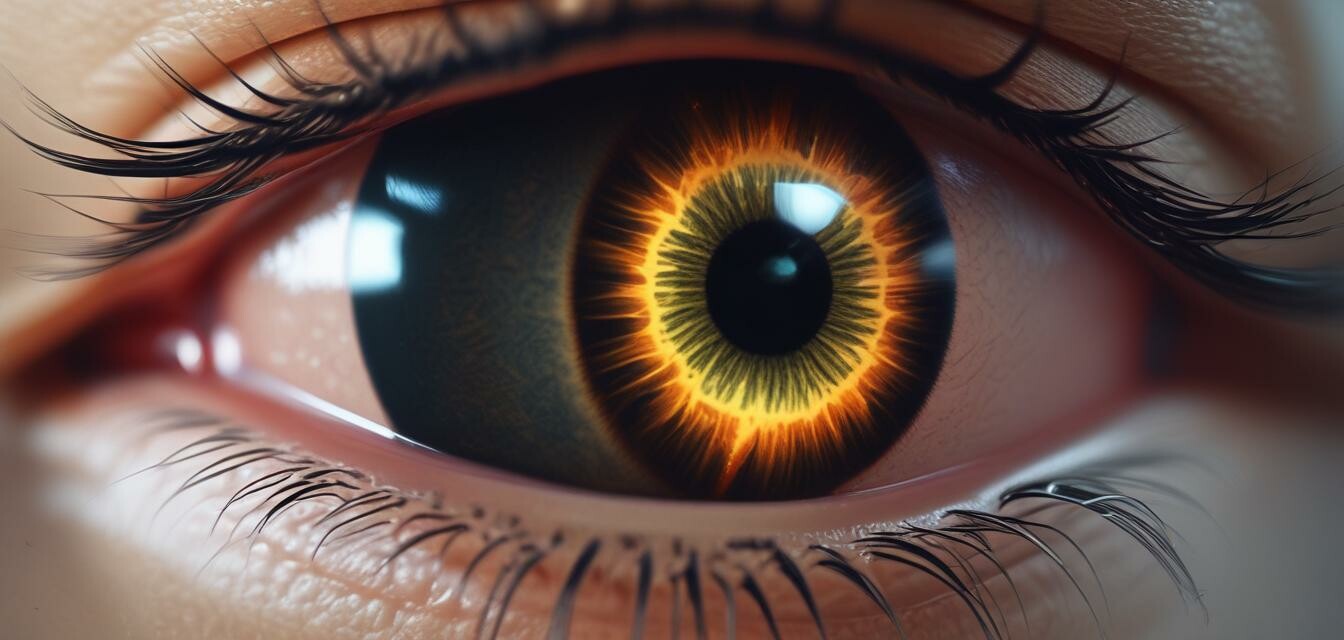
Age-Related Vision Changes
As we age, our vision undergoes several changes that can impact daily life. Understanding these changes and knowing how to manage them can help maintain your quality of life. In this article, we’ll explore the common age-related vision changes, their causes, and how you can improve your vision as you age.
Key Takeaways
- Age-related vision changes affect nearly everyone, particularly after the age of 60.
- Common conditions include presbyopia, cataracts, and age-related macular degeneration (AMD).
- Regular eye exams are essential for early detection and management.
- Adopting a healthy lifestyle can aid in maintaining good eye health.
- There are various tools, glasses, and therapies available to help manage vision changes.
Understanding Age-Related Vision Changes
Our eyes experience various changes as we age, which can lead to common conditions. Understanding how these changes occur can help in addressing them effectively.
Common Age-Related Conditions
| Condition | Description | Symptoms |
|---|---|---|
| Presbyopia | A gradual loss of the eyes' ability to focus on close objects. | Difficulty reading small print, needing to hold reading material farther away. |
| Cataracts | Clouding of the lens of the eye, leading to blurred vision. | Blurred or cloudy vision, sensitivity to light, trouble seeing at night. |
| Age-Related Macular Degeneration (AMD) | A condition that affects the central part of the retina, leading to a loss of central vision. | Difficulty reading and recognizing faces, straight lines appearing wavy. |
| Glaucoma | A group of eye diseases that gradually damage the optic nerve. | Loss of peripheral vision, seeing rainbow-colored halos around lights. |
Causes of Age-Related Vision Changes
Several factors contribute to age-related vision changes. Here are some key causes:
- Genetics: Family history of eye diseases can increase the risk.
- Health Conditions: Diabetes, high blood pressure, and obesity can affect eye health.
- Lifestyle Choices: Smoking and excessive sun exposure can impact vision.
- Nutritional Deficiencies: Lack of essential nutrients may contribute to eye conditions.

How to Manage Age-Related Vision Changes
There are various strategies to better manage vision changes with age. While some adjustments may need medical interventions, others are lifestyle-focused.
Regular Eye Check-Ups
Scheduling regular eye exams is essential to catch potential issues early. An optometrist or ophthalmologist can monitor your eye health and recommend suitable treatments or corrective measures. For more information on eye exams, see our guide on eye health books.
Healthy Lifestyle Choices
Making healthy choices can improve overall eye health. Consider the following:
- Eat a balanced diet rich in leafy greens, fish, and fruits.
- Maintain a healthy weight and stay physically active.
- Avoid smoking and limit alcohol consumption.
- Wear sunglasses that block UV rays when outdoors.
Vision Aids and Therapies
Many aids and therapies are available to help manage specific vision issues:
- Blue Light Blocking Glasses: These glasses can reduce eye strain from screens. Learn more in our section on blue light blocking glasses.
- Eye Care Supplements: Supplements can provide essential nutrients that support eye health. Check out our eye care supplements for more information.
- Natural Vision Exercises: These exercises can help improve vision clarity. Discover techniques in our natural vision exercises section.
- Vision Therapy Tools: Specialized tools can assist in rehabilitating vision. Learn about them at our vision therapy tools page.

What to Expect as You Age
As you navigate the changes in vision that come with age, it's vital to prepare. Regular communication with your eye care professional can provide insights into managing your eye health effectively.
Pros
- Easier to access glasses and tools for vision correction.
- Availability of innovative therapies and products.
- Numerous resources available for education on eye health.
- Regular eye tests can help maintain quality of life.
Cons
- Age-related vision changes may require ongoing adjustments.
- Some conditions may lead to severe vision impairment.
- Potentially higher costs for treatment and vision aids.
- Can be emotionally challenging to cope with vision changes.
Final Thoughts
As aging is a natural process, being proactive in managing your eye health can considerably enhance your quality of life. Stay informed, make healthy lifestyle choices, and consult your eye care professional regularly for the best outcomes.








